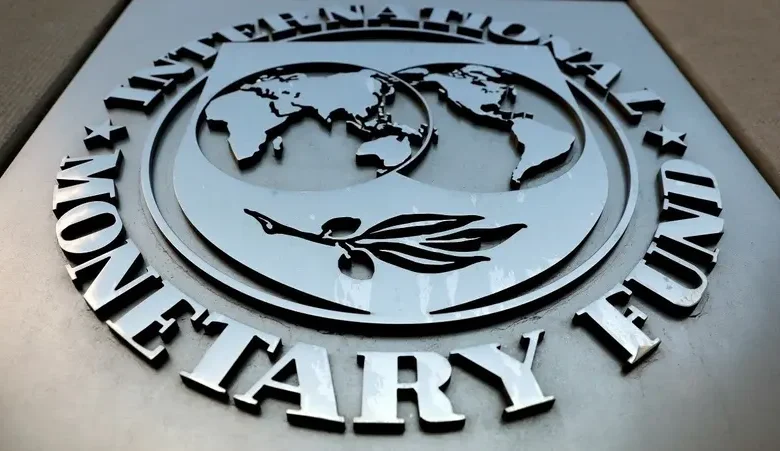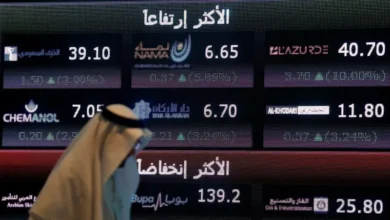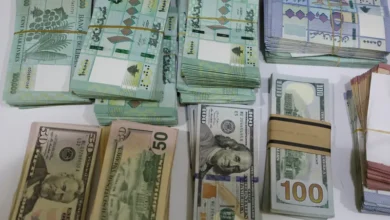Egyptian pound halves in value since March under IMF loan deal

The Egyptian pound was trading Wednesday at half its value from March after the central bank intervened for a third time as part of an International Monetary Fund (IMF) loan agreement.
The devaluation, representing a drop of around 50 percent against the dollar over the 10-month period, comes as the price of imported food and other goods is soaring in the country of 104 million.
The Egyptian pound plunged to 31.95 pounds to the dollar in state banks on Wednesday before recovering somewhat in the early afternoon to 29.8 pounds against the greenback.
Egypt’s economy was hit hard after Russia’s invasion of Ukraine last February unsettled global investors and led them to pull billions out of the North African country.
The war sent wheat prices spiraling – heavily impacting Egypt, one of the world’s largest grain importers, and piling pressure on its foreign currency reserves.
With costs driven up further by soaring global energy prices, official inflation hit 21.9 percent in December, and food prices rose 37.9 percent year on year, piling further hardship onto households.
The IMF late last year approved a $3 billion loan to Egypt, conditioned on “a permanent shift to a flexible exchange rate regime” as well as the implementation of a “monetary policy aimed at gradually reducing inflation.”
Egypt also needs to carry out “wide-ranging structural reforms to reduce the state footprint,” the IMF said at the time, with the economy dominated by powerful state and military-led enterprises.
Egypt has only $34 billion in foreign currency reserves compared to $41 billion last February, while its foreign debt has more than tripled in a decade to around $160 billion.
According to ratings agency Moody’s, Egypt, the Arab world’s most populous country, is one of the five economies most at risk of defaulting on its foreign debt.










